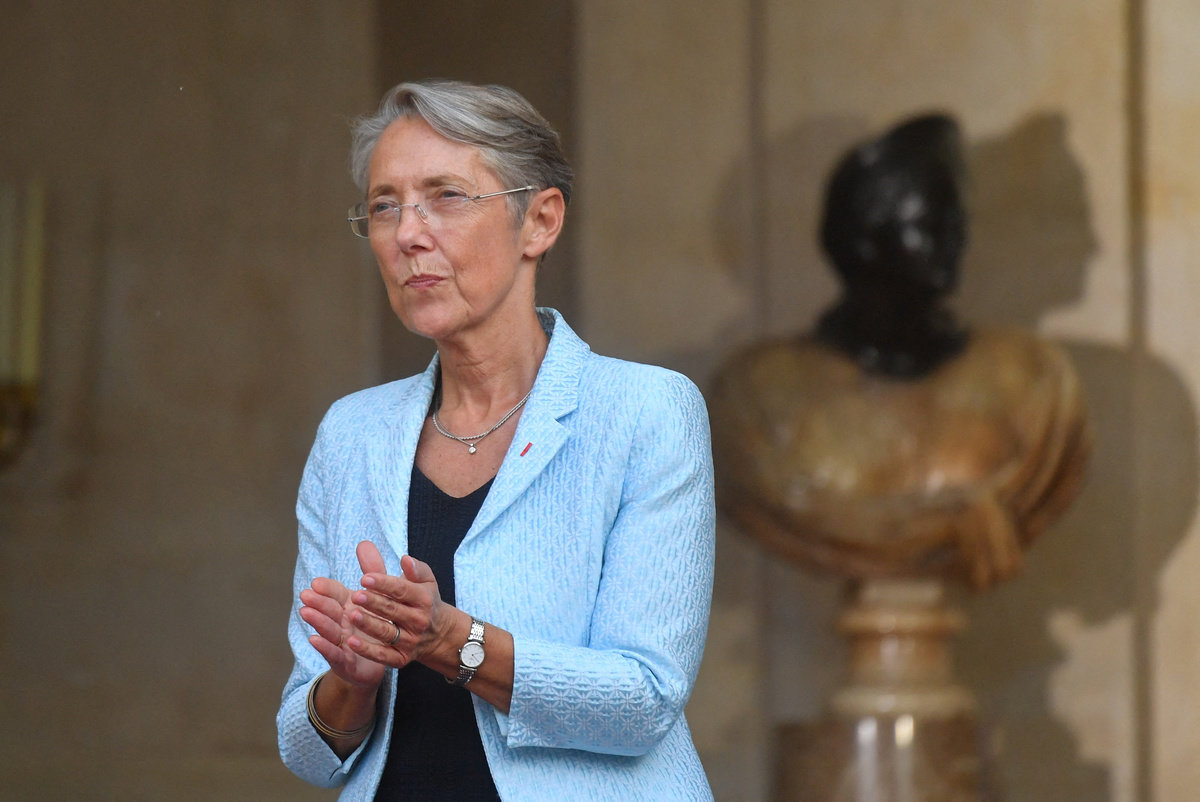With Hexa, Gabrielle Filteau-Chiba dares to venture into the science fiction novel, while continuing to delve deeper into the themes that are dear to her. The result is a work that touches the heart, with powerful resonance with the troubles of our time.
With Encabanée, Sauvagines then Bivouac – a triptych set in the woods of Kamouraska – the public was able to discover the poetic pen of Gabrielle Filteau-Chiba. This vibrant plea is shot through with a silent revolt, for a return to basics, for an existence in harmony with nature, so that deforestation and the impoverishment of living things stop. In Hexa, the novelist explores new territories. But what she has to tell us has not changed: to save the planet – and ourselves – we can no longer ignore that humans are part of something bigger than themselves, that they are part of this ecosystem, that he could be its benevolent guardian.
It’s beautiful, but it’s also terrible, because in this world that Hexa deploys, which takes place somewhere in the (a little too) near future, men have clearly failed. In the city of Sainte-Foy, Thalie, 16, walks the streets surrounded by the Wall; no one may leave without authorization; the trees have given way to CO2 sensors; drones monitor the comings and goings. Beyond this enclosure, there is devastation, anarchy, danger. At least that’s what they say.
Thalie lives with her parents, Gabriel and Sandrine. The latter is shrouded in mystery. Every spring, she goes on a mission: to reforest the North. But this year will be different: Thalie is offered the opportunity to accompany him. And the world that will reveal itself to her will change her forever, starting with these relentless, indefatigable tree planters, who have created, far from any form of civilization, a true sisterhood, and an intimate bond with this nature that they are doing everything they can to revive. As in all of the author’s novels, but undoubtedly in an even more assertive way, femininity becomes powerful, almost mystical, transmitter of ancestral knowledge, guardian of Gaia.
At the age of 16, Thalie also experiences the excitements of adolescence, questions, revolts. Cleverly, the author changes narrator at the end of the story, abandoning the initiatory story in order to reveal a new perspective. As the suspense builds and the masks fall, the deep roots that connect all the characters and their destinies are revealed.















